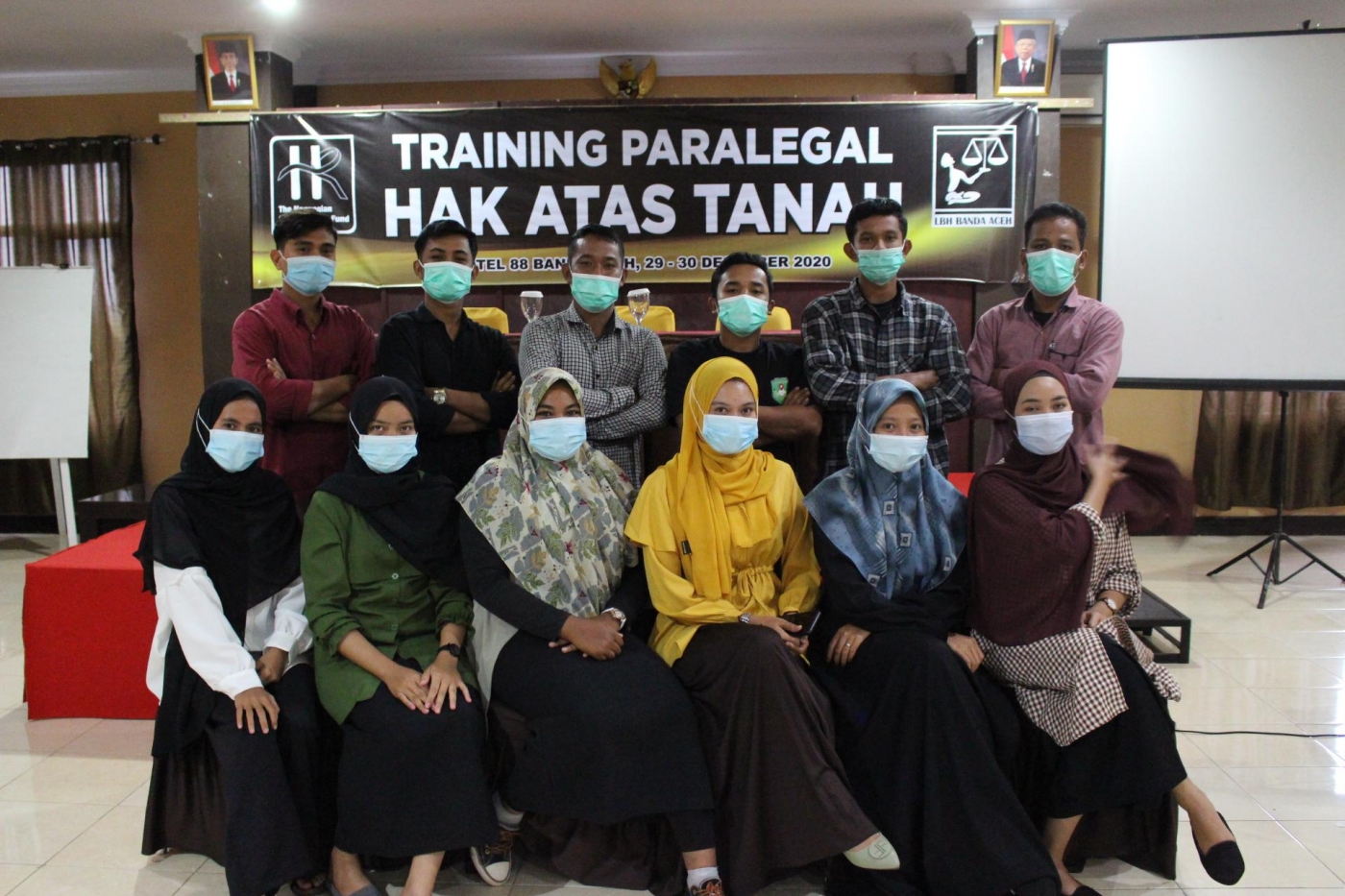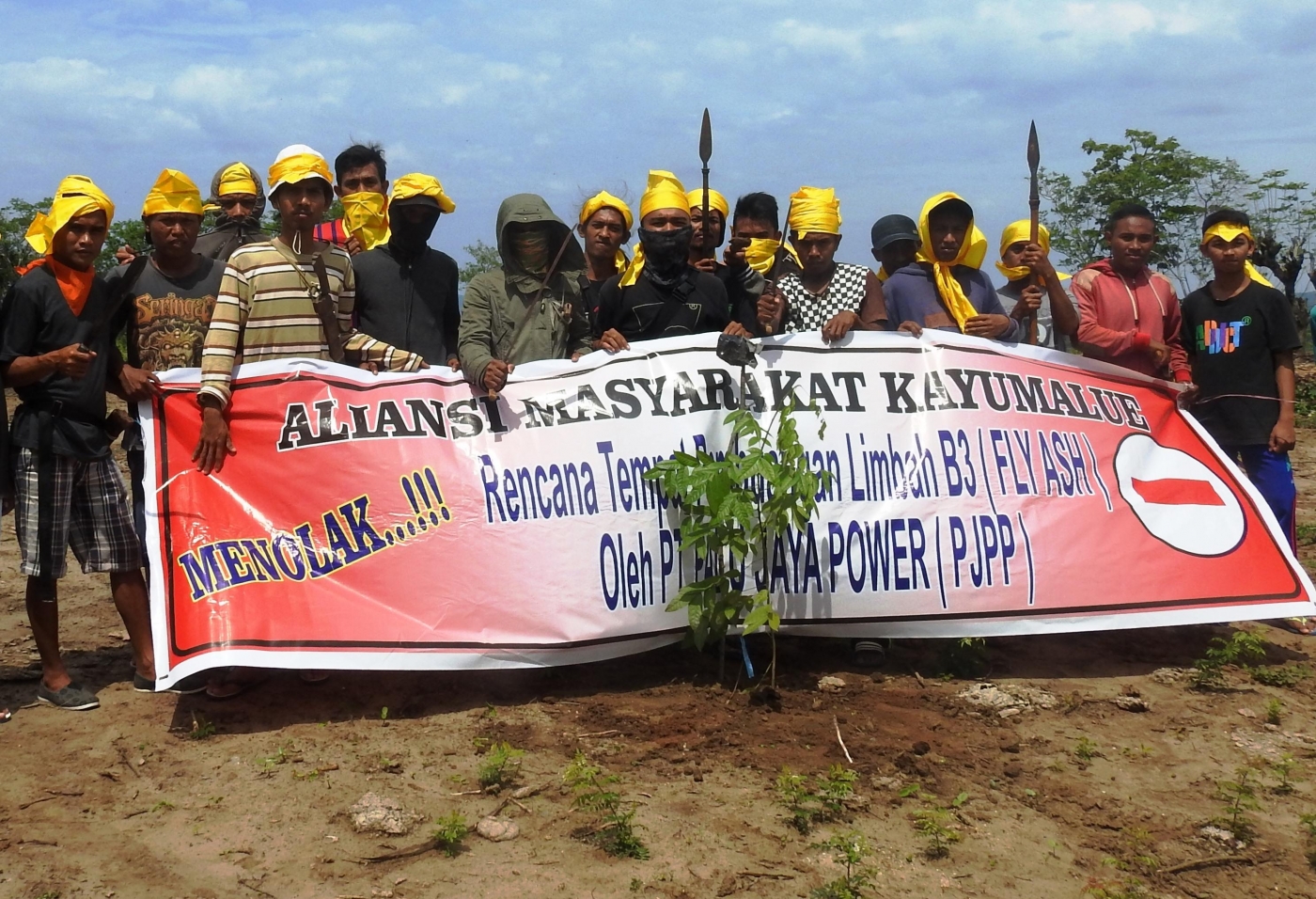The organisations, Family of Riau’s Women and Children (RUPARI), Legal Aid Foundation Banda Aceh (LBH Banda Aceh) and Young Forest Care Group (KOMIU), are all working with local communities and indigenous peoples affected by human rights violations related to land and the environment in Indonesia.
Land and environmental rights in Indonesia: Snapshots from NHRF grantees’ work
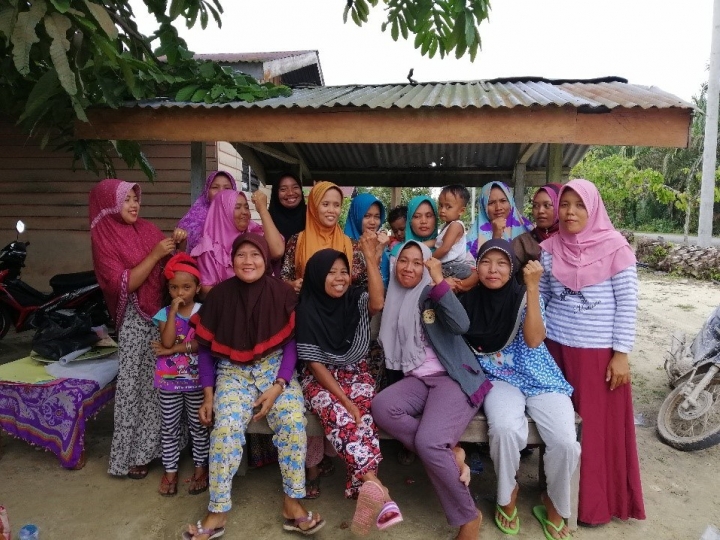
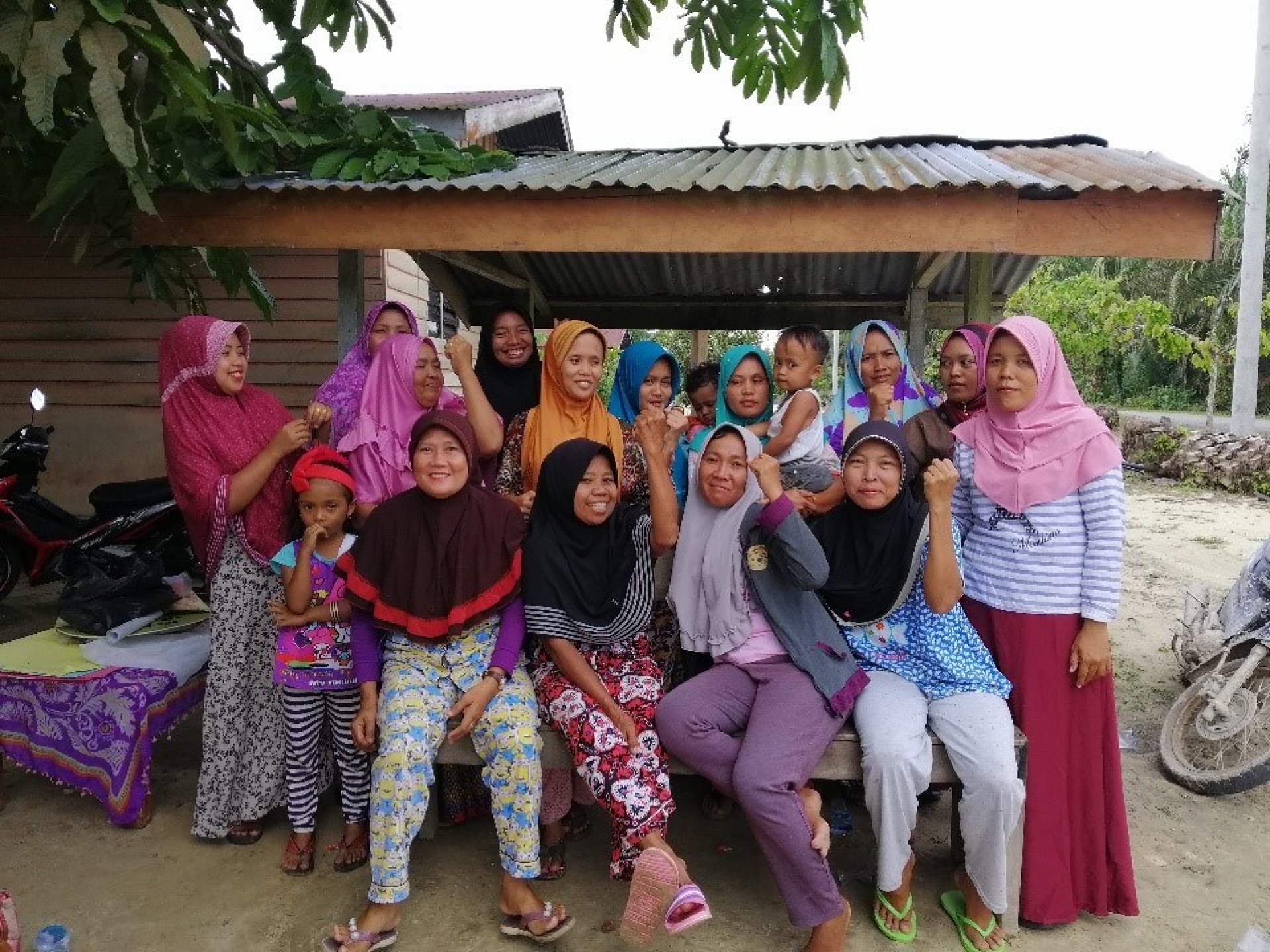
RUPARI is a feminist collective based in the rural areas of the Riau province in Sumatra.
In the northernmost area of Sumatra, the NHRF’s grantee LBH Banda Aceh works to provide legal representation for people facing human rights, women’s and children’s rights issues. LBH Banda Aceh works to organise the defence of an indigenous community’s land against encroachment by a palm oil plantation company in a village in western Aceh. The land conflict between the population in the villages, called Cot Mee, and the palm oil company PT Fajar Baizuri & Brothers, has been covered by both local and national media as the villagers have confronted the company’s attempts to criminalize members of the local community. LBH Banda Aceh is training “paralegals” (legal representatives), so that they can represent the community in a legal capacity vis-à-vis local authorities and the palm oil corporation. This training module has previously proven to be an effective tool against exploitative businesses operating on local community land.
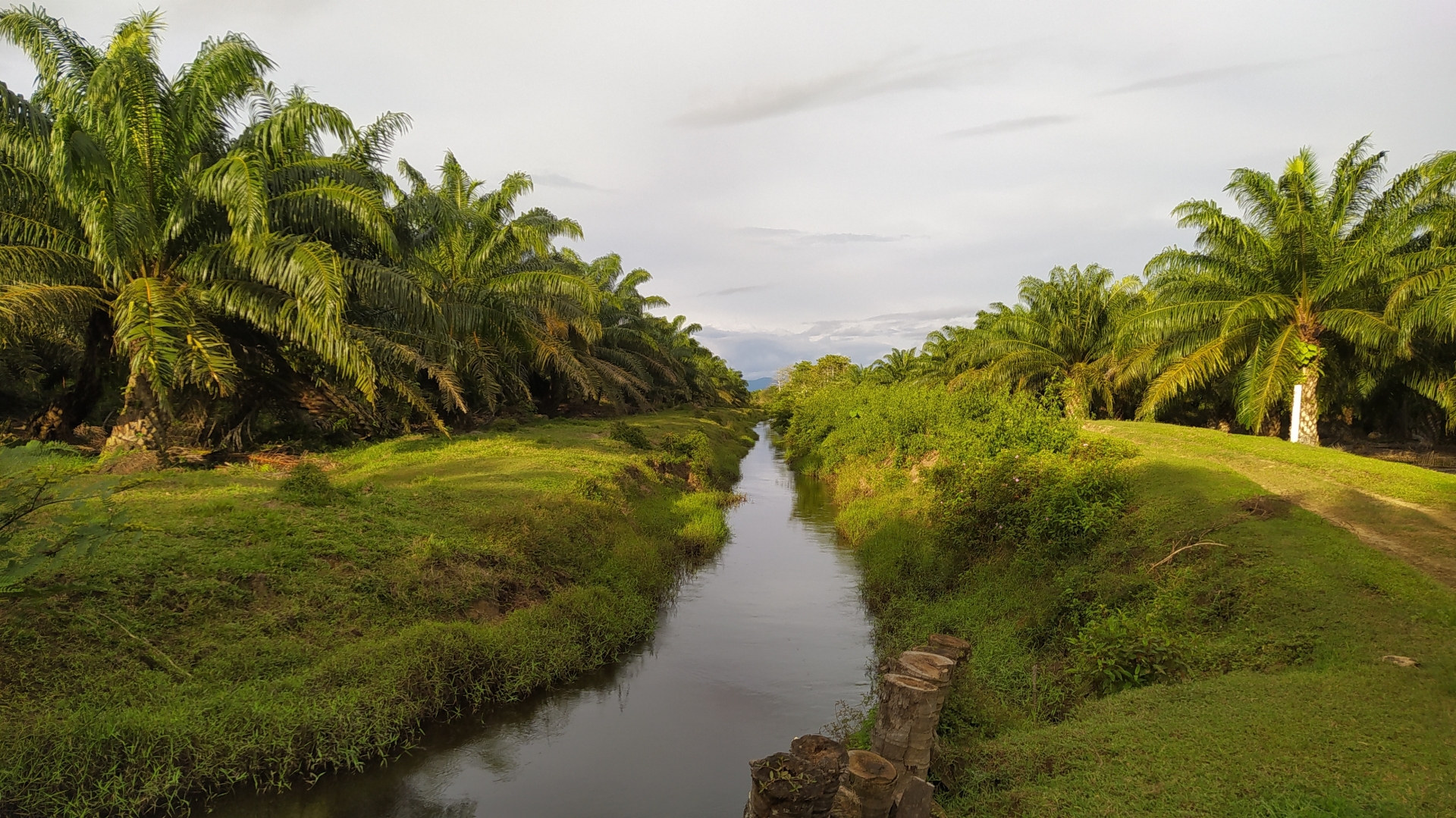
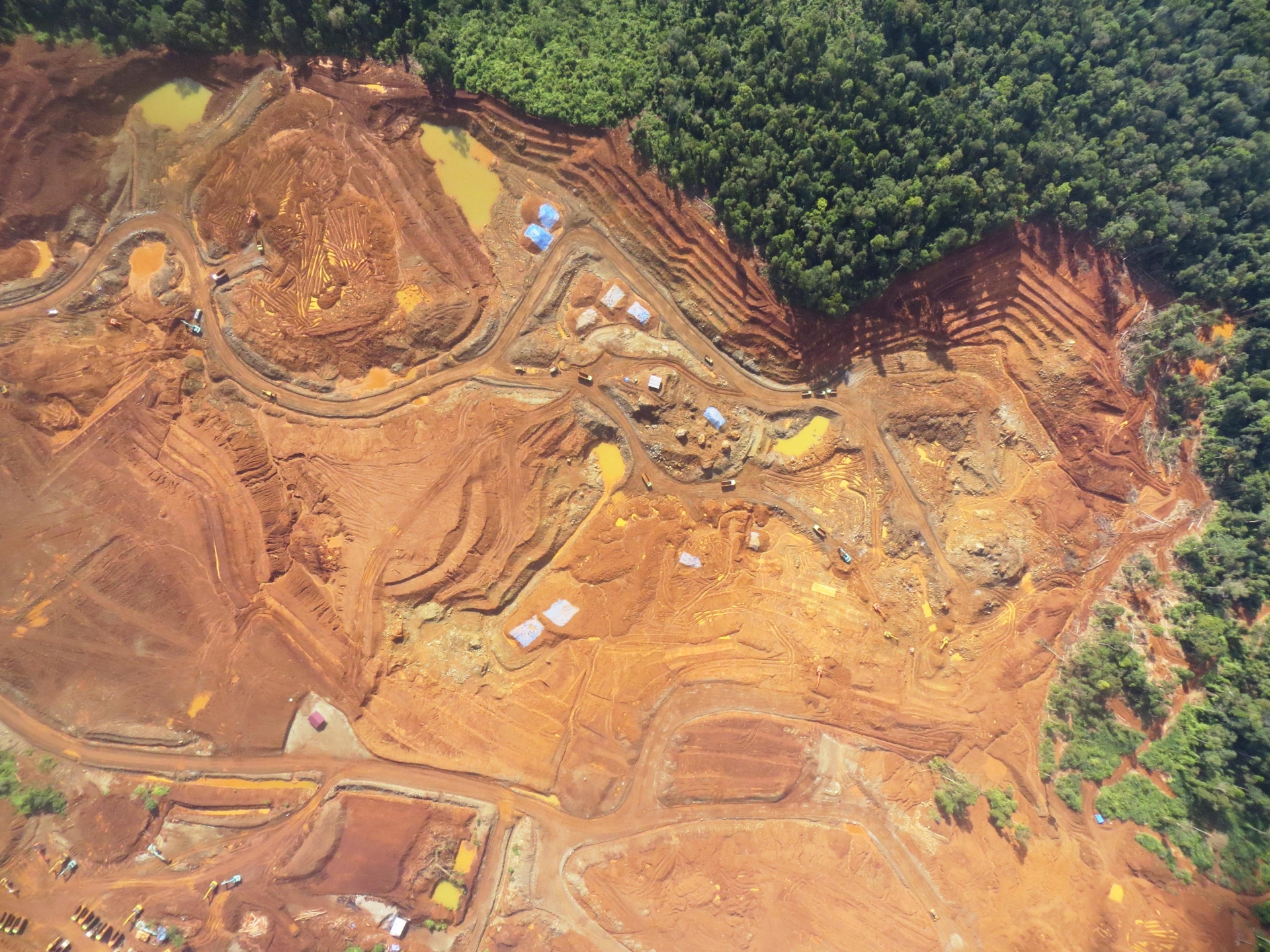
The NHRF is proud to support our grantees' important work on land and environmental rights in Indonesia!

